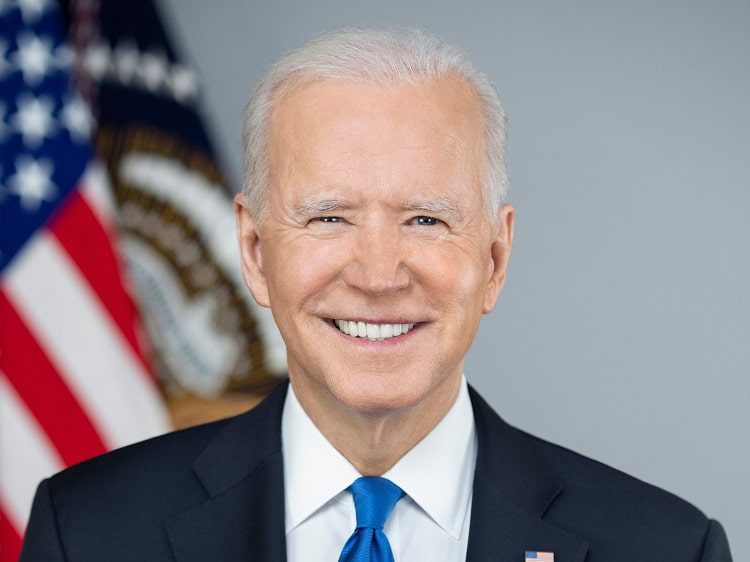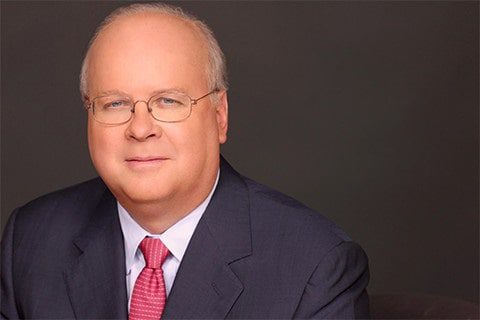
Opinion
Op-Ed first published in the Wall Street Journal
Joseph R. Biden Jr. ’s surrender in Afghanistan and the chaotic, inept and shameful way he effected the capitulation have left an indelible stain on his presidency. The distortions he used Tuesday to justify his actions compounded his historical blunder.
The president offered a false choice, saying he could either “follow the agreement of the previous administration . . . for people to get out or send in thousands of more troops and escalate the war.” Set aside the fact that Mr. Biden has reversed many of his predecessor’s policies. The president’s statement ignored the reality that American airpower and support assistance kept the Taliban in check in recent years with minimal risk to U.S. military personnel.
Mr. Biden bragged he had “ended 20 years of war in Afghanistan—the longest war in American history.” The war hasn’t ended, just the U.S. role, and even that probably only temporarily. Islamic jihadists are still waging the wider War on Terror. They’re celebrating our humiliation and making plans.
Mr. Biden also declared the only “vital national interest” the U.S. had was “to make sure Afghanistan can never be used again to launch an attack on our homeland.” That was, he claimed Tuesday, achieved when Osama bin Laden was killed in May 2011 leaving al Qaeda “decimated.”
Mr. Biden neglected to mention that he opposed the strike that killed bin Laden. He also left out the finding by the Defense Department that a reconstituted al Qaeda is working closely with the Taliban. With America’s exit, Afghanistan can once again become a sanctuary from which terrorists launch attacks against the West.
Mr. Biden also claimed Tuesday that “we were ready” when the “assumption that the Afghan government would be able to hold on beyond military drawdown turned out not to be accurate.” Pretending that what we’ve witnessed resulted from careful preparation may have been his most absurd statement. Plenty of reports have demonstrated how much the Biden administration was caught off guard, including believing it had the “luxury of time”—18 months or so—before the Afghan government might collapse.
Then there was Mr. Biden’s neat little rhetorical trick, identifying “ISIS-K terrorists” as “sworn enemies of the Taliban” while not identifying the Taliban as “sworn enemies of America,” which they are. Neither group may like each other but last week’s bombings should have reminded the president that doesn’t much matter when they have set their sights on us.
Mr. Biden also sketched “the threats of 2021 and tomorrow” that he worries about, namely Islamic terrorists in Syria, Iraq, the Arabian peninsula and “across Africa and Asia.” But there’s little sign he knows what to do or will commit the necessary resources. The president has explicitly said he’ll withdraw from Iraq this year. And, of course, a terrorist attack from al-Shabaab won’t make an assault from al Qaeda any more welcome.
Adding yet another classless touch, Mr. Biden blamed American citizens trapped in Afghanistan for ignoring “multiple warnings and offers to help them leave.” At least he’s rhetorically consistent, always claiming the buck stops with him as he blames everybody but himself for what’s gone wrong. This is petty and defensive.
The president finished his Tuesday address by promising a future that’s “safer” and “more secure.” We’ll see, but given his record over the past few weeks, Mr. Biden is probably among the least credible people on the planet to offer such assurances.
Even in our highly polarized atmosphere, where partisans stubbornly cling to their team colors, Mr. Biden’s approval ratings have plummeted. Since Aug. 1, his numbers in the RealClearPolitics average have dropped from 51.3% approve to 45.8% approve, and in the FiveThirtyEight.com average, from 51.5% approve to 46.7% approve.

Karl Rove served as Senior Advisor to President George W. Bush from 2000–2007 and Deputy Chief of Staff from 2004–2007. At the White House he oversaw the Offices of Strategic Initiatives, Political Affairs, Public Liaison, and Intergovernmental Affairs and was Deputy Chief of Staff for Policy, coordinating the White House policy-making process.
Mr. Rove has been described by respected author and columnist Michael Barone in U.S. News & World Report as “…unique…no Presidential appointee has ever had such a strong influence on politics and policy, and none is likely to do so again anytime soon.” Washington Post columnist David Broder has called Mr. Rove a master political strategist whose “game has always been long term…and he plays it with an intensity and attention to detail that few can match.” Fred Barnes, executive editor of The Weekly Standard, has called Mr. Rove “the greatest political mind of his generation and probably of any generation. He knows history, understands the moods of the public, and is a visionary on matters of public policy.”
Before Mr. Rove became known as “The Architect” of President Bush’s 2000 and 2004 campaigns, he was president of Karl Rove + Company, an Austin-based public affairs firm that worked for Republican candidates, non-partisan causes, and non-profit groups. His clients included over 75 Republican U.S. Senate, Congressional, and gubernatorial candidates in 24 states, as well as the Moderate Party of Sweden.

